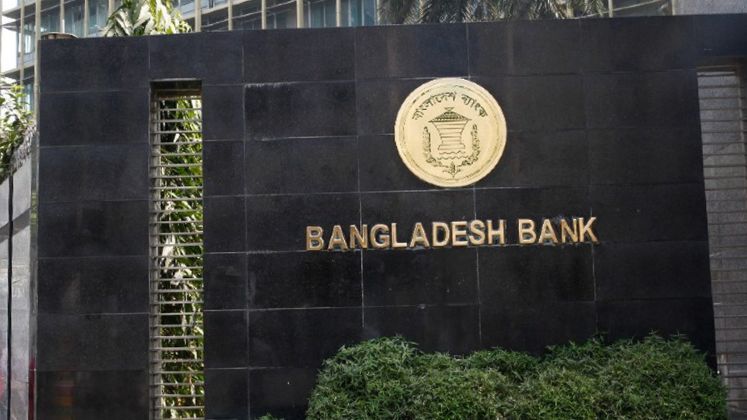
In the wake of Moody’s recent downgrade of Bangladesh’s sovereign ratings from B1 to B2, the Bangladesh Bank (BB) has expressed strong disapproval, asserting that the ratings do not accurately reflect the positive political and economic shifts in the country. The downgrade, announced on 19th November, was attributed to increased political risks and concerns over potential economic stagnation following recent political upheavals that saw the Awami League-led government ousted and an interim government installed.
In a statement issued shortly after the downgrade, the central bank likened Moody’s assessment to “looking through the rearview mirror” while the car is moving forward. The BB highlighted that the interim government has already initiated significant reforms across various sectors, including the economy, law enforcement, anti-corruption measures and democratic processes.
The statement emphasised that the interim government has set up task forces to implement comprehensive banking sector reforms, recover stolen assets domestically and abroad and re-strategise the economy for sustainable development.
With an eye on the ready-made garment (RMG) sector one of Bangladesh’s largest economic drivers, BB also focused on resilience and growth, with increasing export earnings significantly contributing to the country’s economic stability. The central bank reported that since August 2024, the exchange rate has stabilised at approximately Taka 120 per dollar, bolstered by a rise in remittances and a rebound in export earnings.
Furthermore, the BB underscored progress in addressing macroeconomic challenges, such as reducing outstanding payment arrears, which decreased from US $ 2.5 billion to about US $ 450 million. External sector vulnerabilities appear to be diminishing, with improvements noted in both the current and financial accounts.
The central bank reiterated its commitment to controlling inflation, noting significant policy measures in place to bring down prices on both demand and supply sides. Measures include tightening monetary policy, restoring the supply of essential goods in agriculture and eliminating duties on vital imports to counteract rising prices.
Despite the interim government inheriting substantial economic obstacles, ongoing reforms supported by domestic political commitments and international partnerships are expected to drive further economic recovery.
The central bank concluded with a call for Moody’s to reevaluate its stance on Bangladesh, suggesting that a more comprehensive assessment, including consultations with local stakeholders, would yield a more accurate reflection of the nation’s economic outlook and policy advancements.






